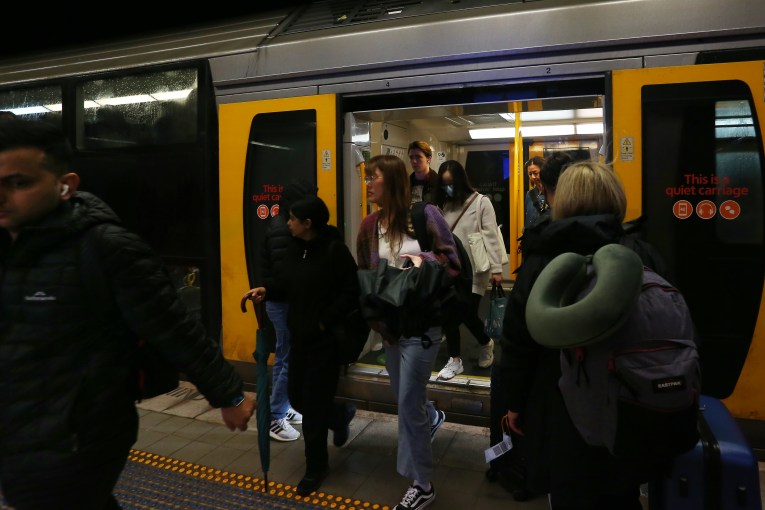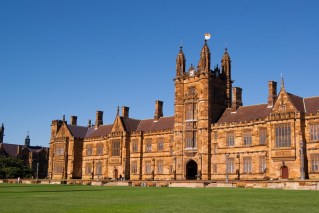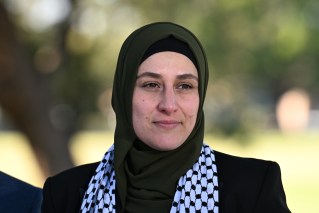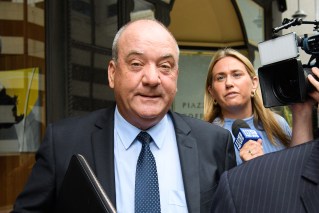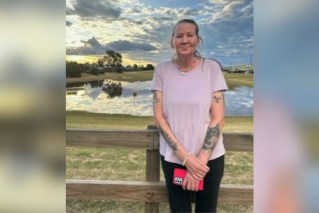High Court fight as Liberals, Labor force minor parties to change their names

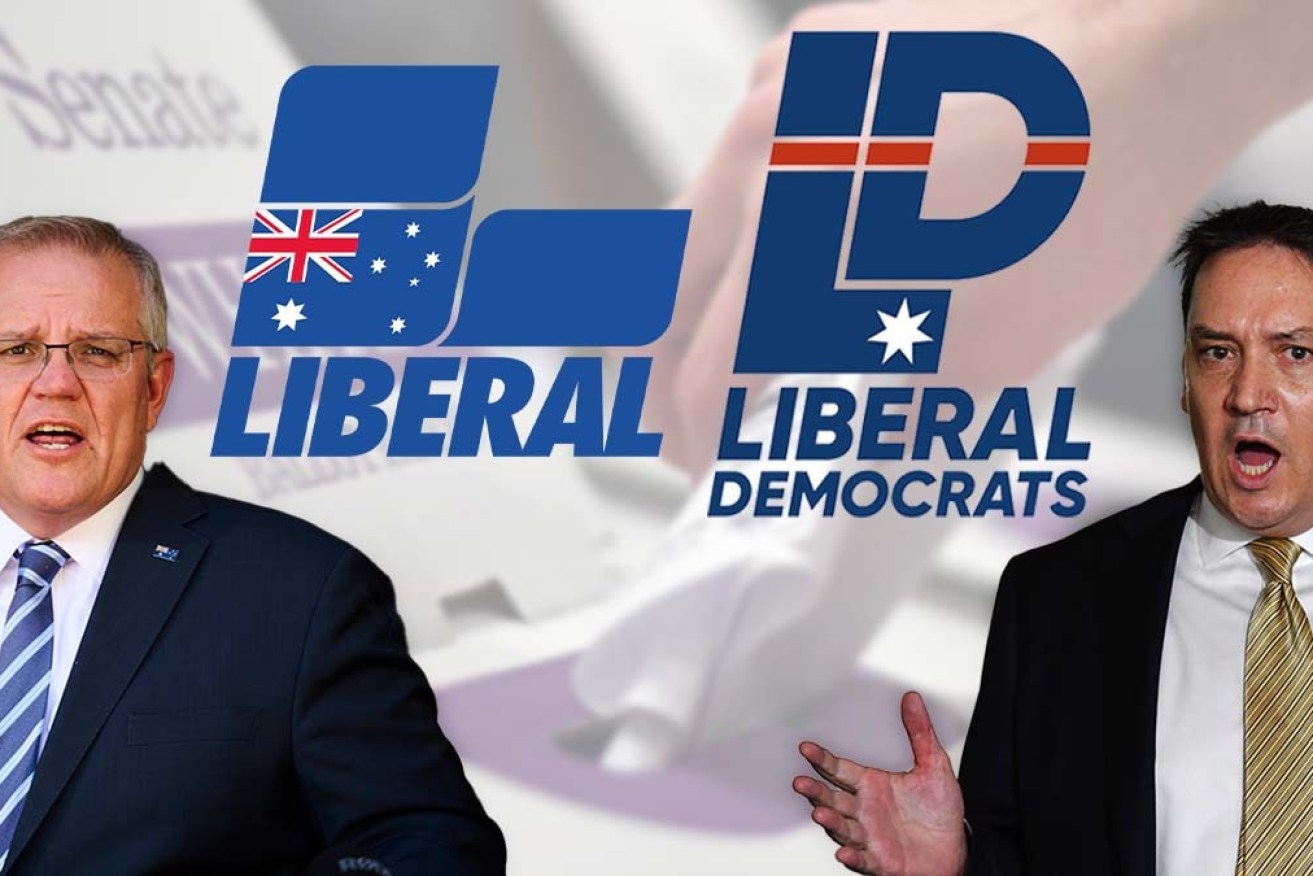
The Liberal Party wants the Liberal Democrats to change their name. Photo: TND
Minor political parties claim they’re being bullied by the Liberals and Labor, after the major groups lodged Australian Electoral Commission appeals to force them to change their name or face deregistration.
The Liberal Democrats are taking the Commonwealth to the High Court, angry that the Liberal Party is using new electoral laws to force them to change their name, and claiming the government is “going berko” as the party challenges for votes on the conservative flank.
Separately, the Democratic Labour Party is appealing a similar AEC decision to uphold an appeal from the Labor Party over its name.
Both minor parties claim they’re being unfairly targeted and threatened with deregistration, just months from an election.
“Our team has been pretty surprised at how aggressive the government has been in this matter,” said John Ruddick of the Liberal Democrats.
“They’re trying to cripple this little party with the bludgeon of legislation.”
Last month, the AEC upheld objections from the federal Liberal and Labor parties to the names of the Liberal Democrats and Democratic Labour Party respectively.
The decision means both smaller parties had just a month to change their names, which both have operated under for decades, or face being deregistered completely.
The dispute stems from changes to the Commonwealth Electoral Act, which passed federal Parliament in August and came into force in September, which placed further obligations on smaller and newer political parties.

Liberal Democrats candidate John Ruddick. Photo: AAP
One change increased the membership threshold for AEC registration from 500 members to 1500 for parties without parliamentary representation.
Another amendment said if two parties have names containing the same word, the older party can appeal to the AEC to force the newer party to change its name or be deregistered.
At the time, then-assistant minister for electoral matters Ben Morton said the changes were “to minimise the risk that a voter may be confused” at the ballot box by political parties “with very similar names”.
In mid-October, the Australian Labor Party lodged an objection to the DLP’s name.
In early November, the Liberal Party of Australia did the same regarding the Liberal Democrats.
In a letter to the AEC, ALP national secretary Paul Erickson wrote that Labor was registered on May 31, 1984, while the DLP was registered on July 20 of that year.
The DLP was actually a breakaway party from the ALP, the two splitting in the 1950s.
Despite the different spelling between ‘Labor’ and ‘Labour’, Mr Erickson asked the AEC to uphold his objection to the DLP’s name.
Liberal federal director Andrew Hirst wrote that his party registered in June 1984, compared to the Liberal Democrats registering their name in December 2008.
Both objections were upheld by the AEC in decisions published in late November.
Both the Liberal Democrats and DLP were given 28 days to request a review of the decision.

Mr Ruddick is taking the case to the High Court. Photo: AAP
An AEC spokesperson told The New Daily that “the parties in question will be deregistered” if they do not change their name within a month.
But the Liberal Democrats are appealing to the High Court, arguing that the Electoral Act amendments breach implied constitutional rights to freedom of political communication.
An initial hearing was held on November 30, with the government represented by federal Solicitor‑General Stephen Donaghue QC, the nation’s second law officer.
Mr Ruddick said the case will return to court in February.
Mr Ruddick, who will run for the Senate for the Liberal Democrats in New South Wales at the next federal election, claimed concerns about voter confusion between his party and the Liberals were overblown.
“Clearly this legislation inhibits free exercise of political communication,” he claimed to TND.
“The High Court will have to consider that in a dynamic democracy. There will be a small degree of confusion in an election, but what is tolerable?”
The Liberal Party has mounted similar protests to the Liberal Democrats’ name previously, but been unsuccessful.
Most famously, electoral experts said former Liberal Democrats senator David Leyonhjelm’s election to the federal Senate in 2013 was partly due to his position at No.1 on the ballot paper, plus a degree of voters confusing him for a Liberal candidate.

Former Liberal Democrats senator David Leyonhjelm. Photo: AAP
“We believe the Liberal Democrats have not received many votes because of this. [Liberals] argue we’re confusing voters, but I don’t believe that’s the case,” Mr Ruddick claimed.
Instead, he alleged the Liberal Party was “going berko” after former Queensland premier Campbell Newman and other Liberal members quit the Coalition to join Liberal Democrats’ ranks.
The Liberal Democrats are also among a number of re-energised right-wing parties looking to poach votes from the government in Queensland, NSW and Victoria.
“There’s a massive revolt on the right,” Mr Ruddick claimed, detailing the Liberal Democrats’ recent preference deal with Clive Palmer’s United Australia Party, and flagging “discussions” with One Nation.
“I’m quite shocked at how much the government cares about this case.”
The DLP is not joining the Liberal Democrats’ High Court action, but has advised the AEC it will appeal against the ALP’s objection.
Steve Campbell, the DLP’s federal secretary, claimed the electoral changes could lead to “destroying” minor parties.
“It would be an insult to our members to even consider changing our name. We think this bill is unjust. It’s nonsense,” he told TND.
Mr Campbell said the DLP and Labor had both appeared on ballot papers since 1955, also claiming there was little voter confusion at play.
However, he noted his party had changed its name on ballot papers to ‘Labour DLP’ in an effort to differentiate from the ALP.
“We’ve got appeals, we’ll keep fighting. We are the Democratic Labour Party. We won’t be the Democratic ‘anything else’ Party,” he said.
Mr Campbell said the DLP would appeal on the grounds of an exemption in the legislation for words that describe “a collective noun for people”, which he argued that ‘labour’ – referring to a group of workers – represented.
A Liberal spokesperson told TND the party had objected because it “was registered well before the Liberal Democratic Party”.
The ALP did not respond to a request for comment.
